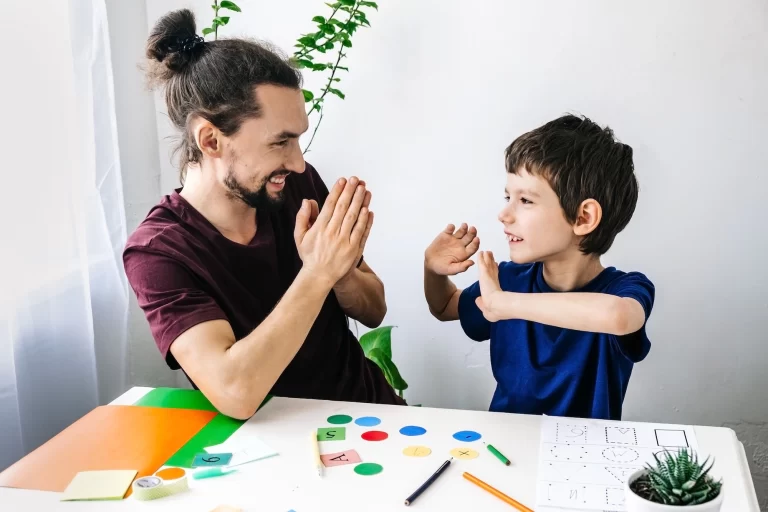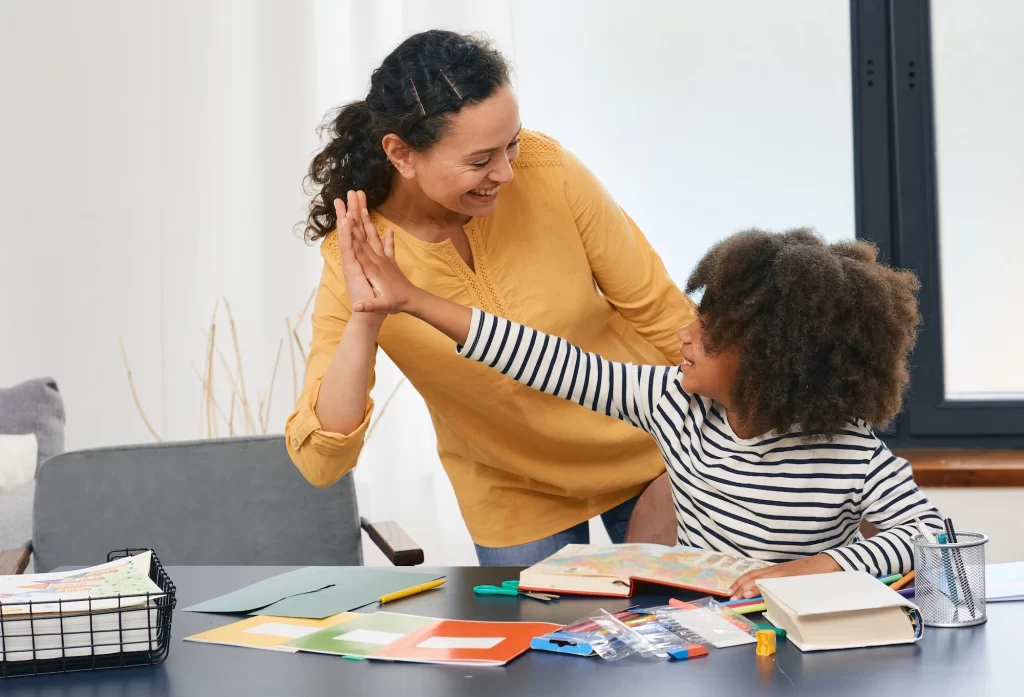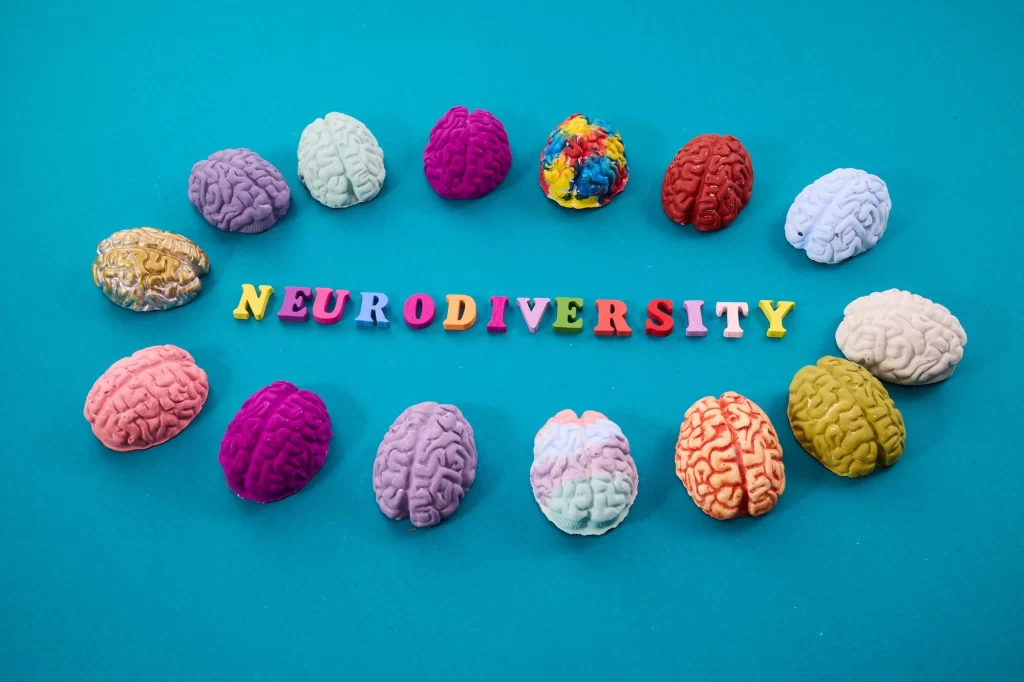April marks World Autism Awareness Month—a time not just for recognition, but for understanding, listening, and learning from the unique voices that make up the autism community. At Elumind, we believe that mental health care should be inclusive, compassionate, and rooted in the strengths of every individual—especially those who experience the world through a neurodivergent lens.
What Is Neurodiversity?
Neurodiversity is the idea that differences in brain function and behavior are simply part of the natural variation of human experience. This includes autism, ADHD, dyslexia, and other neurological differences. These aren’t disorders to be “fixed”—they’re expressions of a differently-wired brain, each offering its own challenges and strengths.
Autism Spectrum Disorder (ASD) is one of the most widely recognized forms of neurodivergence. It affects communication, sensory processing, social interactions, and behavior—but it also offers unique ways of thinking, creativity, honesty, and attention to detail that enrich our world.

Why Listening Matters More Than Ever
Too often, conversations around autism focus on labels, limitations, or outdated stereotypes. But those living with autism have the most accurate insight into what it means to navigate a neurotypical world in a neurodivergent body. Listening to autistic voices helps us move from awareness to acceptance, and from sympathy to empowerment.
Instead of speaking for the autism community, we must learn to listen. What does sensory overload feel like? What helps in moments of anxiety? How do societal expectations affect mental health in autistic individuals? These are the questions we should be asking—and the answers can only come from the lived experiences of autistic individuals.
Autism and Mental Health: The Overlap
Autistic individuals often face elevated risks for mental health challenges such as anxiety, depression, and burnout. These issues aren’t inherent to autism itself, but are often the result of social exclusion, sensory overload, and the pressure to “mask” or hide autistic traits to fit in.

At Elumind, we understand that true wellness involves more than symptom management. It’s about creating an environment where individuals feel safe, heard, and supported in their mental and emotional needs. Our team uses science-backed approaches like neurofeedback, mindfulness, and personalized care to support mental health in ways that respect neurodiversity.
Seeing Strengths, Not Just Symptoms
Every autistic individual is unique. While some may face challenges in communication or social interaction, they may also excel in pattern recognition, deep focus, or creative thinking. The key is to shift the narrative from deficits to differences.
Let’s stop measuring people by how well they “fit in” and start recognizing how they contribute. At Elumind, we’ve worked with neurodivergent individuals who are artists, engineers, athletes, and leaders in their own right. When given the right tools and space to thrive, they flourish.

Our Role at Elumind
At Elumind, we strive to be allies in the neurodiversity movement. Our approach isn’t one-size-fits-all. We provide personalized mental health care that respects individuality—because no two brains are the same.
Our QEEG Brain Map allows us to see the brain’s unique patterns, helping us tailor care without assumptions. Neurofeedback, mindfulness training, and talk therapy are just a few of the tools we use to support neurodivergent clients in a way that celebrates their strengths.
We also create safe spaces—both virtually and in-person—where clients can share what’s working, what’s not, and how we can support them better. We’re constantly learning, adapting, and growing—just like the brains we support.
A Call to Listen, Learn, and Lead with Compassion
World Autism Awareness Month should be more than symbolic. It’s an opportunity to reshape the way we view neurodiversity, support mental health, and uplift those whose voices have been too often overlooked.
Let’s celebrate the individuals who experience the world differently—not by trying to change them, but by changing the world around them.
To our neurodivergent community: We see you. We support you. And we are listening.
Elumind Centres for Brain Excellence is an integrated mental health center offering solutions that can help you with your mental/brain health needs. To start your journey, book your FREE 15-MINUTE PHONE CONSULTATION. We are here for you.








